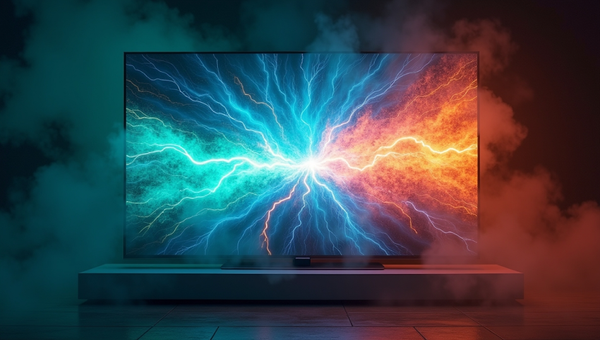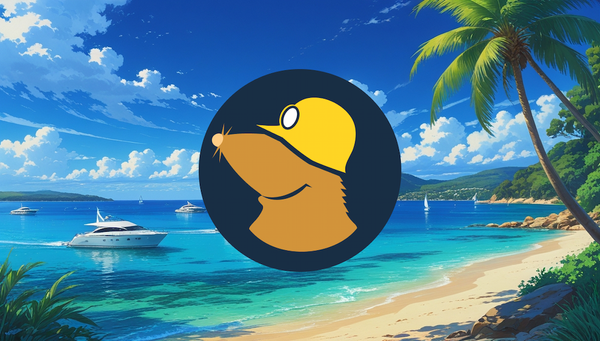Private Internet Access Review 2025
Private Internet Access offers unlimited device connections, solid performance, and open-source apps, making it a great choice for Australians. However, its U.S. base and occasional app unresponsiveness may be drawbacks for some users.
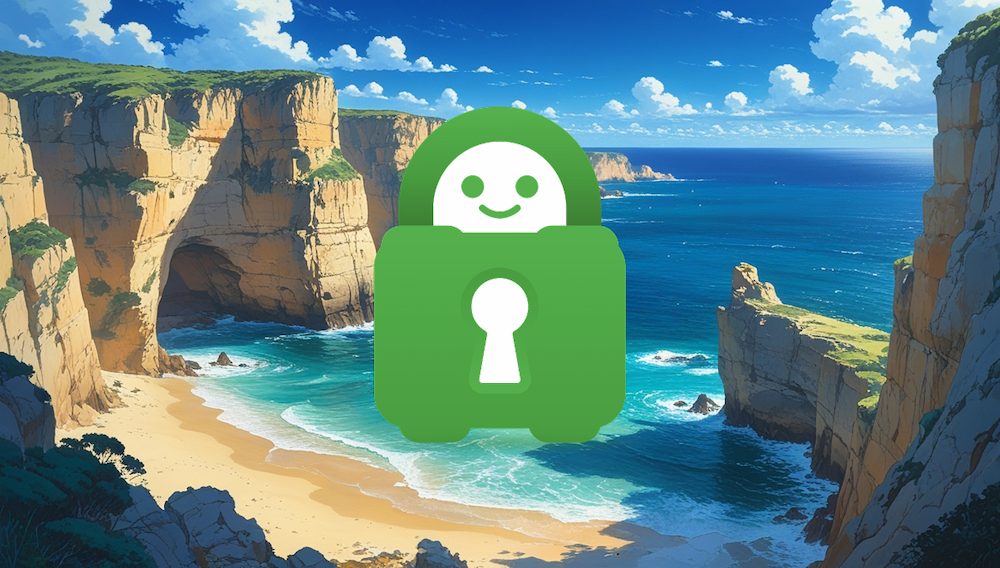
Quick Facts
| Headquarters | Colorado, United States 🇺🇸 |
| Number of Countries | 91 |
| Max Connection Speed | 10 Gbps |
| Max Connection Bandwidth | Unlimited |
| Streaming Support | ✅ |
| Free to Use | ❌ |
| Independently Audited | ✅ |
Overview
Private Internet Access (PIA), founded in 2010 and based in Colorado, is known for its strong privacy features, including a strict no-logs policy, unlimited device connections, and ad and malware blocking. Despite its solid reputation, PIA has faced controversy over its ownership by Kape Technologies, which also owns brands like CyberGhost and ExpressVPN. The company’s past involvement in adware has raised concerns among privacy advocates. Nevertheless, PIA remains a popular choice for users seeking a secure, feature-rich VPN.
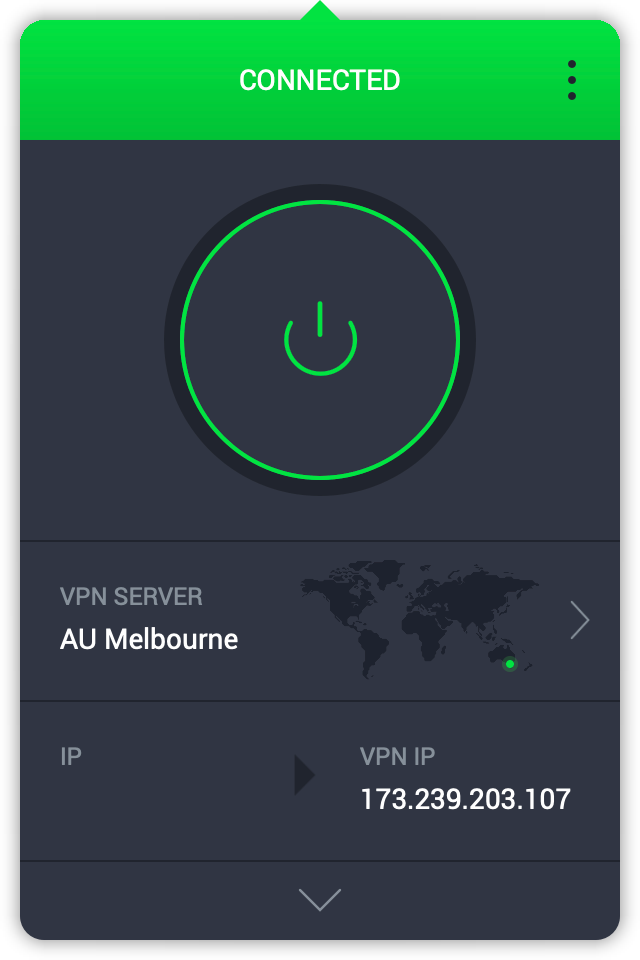
Privacy and Security
Private Internet Access prides itself on its strong commitment to privacy, maintaining a strict no-logs policy. This means the service does not record user activity such as IP addresses, DNS queries, bandwidth consumption, session timestamps, or connection logs. PIA's privacy practices are independently audited by Deloitte Romania, though the full audit reports are only accessible to subscribed users.
The company is based in the United States, which is subject to intrusive surveillance laws and lacks robust privacy protections. However, PIA does take steps to mitigate these concerns by owning servers in select regions, including North America, Europe, and Australia, while leasing the majority of its servers from third-party providers.
The servers use only RAM (Random Access Memory), meaning they operate entirely in volatile memory rather than traditional storage. Since RAM is temporary, no data is written to disk, enhancing security by preventing long-term storage of sensitive information and reducing the risk of data leakage in case of a breach.
In terms of encryption, PIA supports industry-standard protocols such as AES-256 for OpenVPN and ChaCha20 for WireGuard, ensuring strong data security for its users.
Compatibility
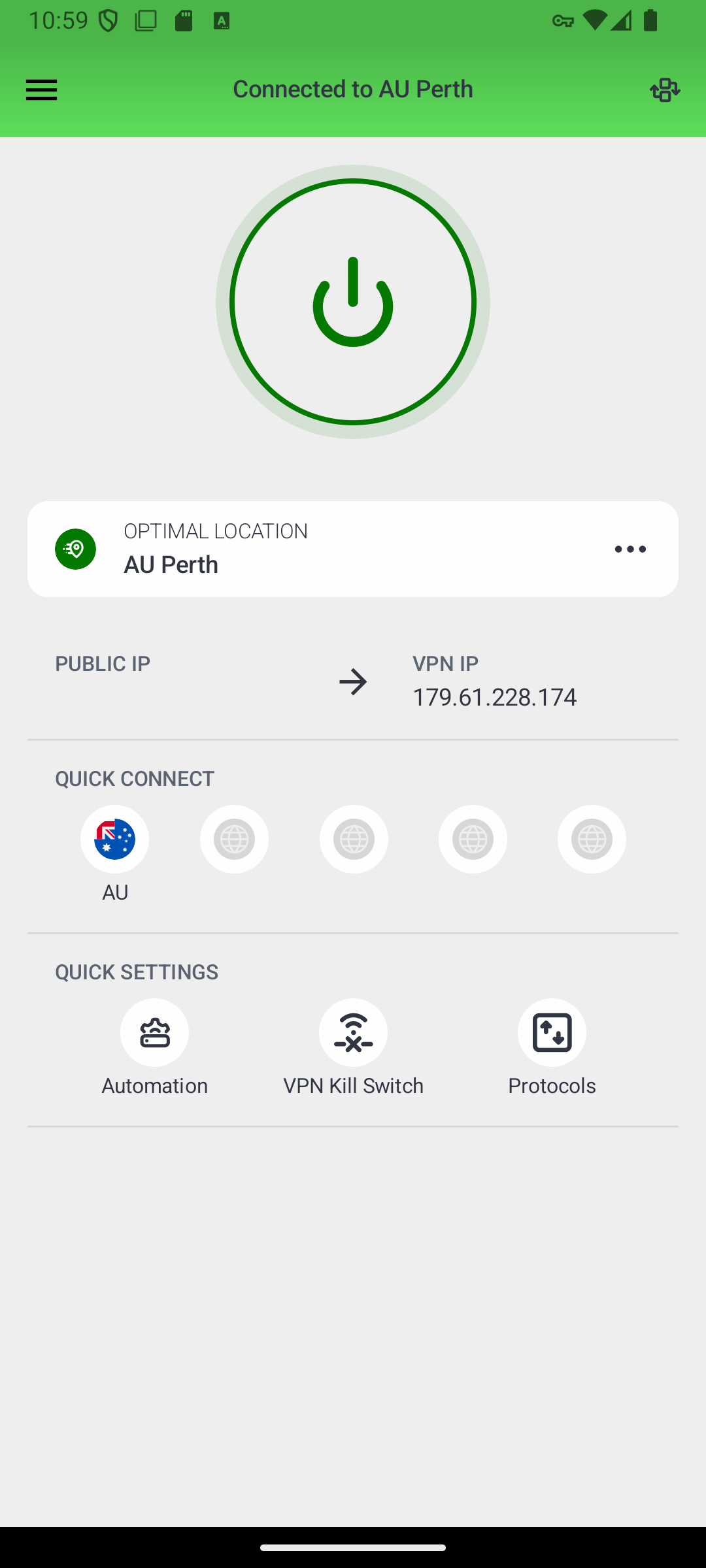
Private Internet Access offers a wide range of apps for major platforms, including Windows, MacOS, Linux, Android, and iOS. Key features include the ability to automatically connect to the fastest server available, switch between VPN protocols like OpenVPN and WireGuard, and adjust encryption settings. PIA also provides a kill switch to block internet traffic if the VPN connection drops, and a unique "VPN snooze" feature, allowing users to temporarily disable the VPN for a set period - ideal for situations where you need to access a site that might not work with a VPN.
PIA is committed to transparency, as the majority of their apps are open source. For users who prefer more flexibility, PIA also offers OpenVPN configuration files, enabling compatibility with any third-party VPN client. Unfortunately, they do not provide configuration files for WireGuard directly. To use WireGuard with PIA, you would need to generate these files using a third-party config generator.
| Device Type | Supported |
|---|---|
| iOS | ✅ |
| Android | ✅ |
| MacOS | ✅ |
| Windows | ✅ |
| Linux | ✅ |
| ChromeOS | ✅ |
| Apple TV | ❌ |
| Android TV | ❌ |
| Amazon Fire Stick | ✅ |
| Mozilla Firefox | ✅ |
| Google Chrome | ✅ |
Performance
For our performance testing, we evaluated four different servers both in Australia and internationally. We simulated a typical internet plan with a network connection capped at 100 Mbps for downloads and 40 Mbps for uploads. Each speed test was conducted five times, and the averages are presented below.
We found that the VPN connected quickly, but we did encounter some issues with the Windows app. It tended to crash or become unresponsive when we switched servers frequently.
The local Australian server saw a 54% drop in speed from the baseline. International servers faced similar declines, with speeds falling 82% in Los Angeles and 96% in London.
The local Australian server experienced only a slight increase in ping, indicating that it is still suitable for web browsing, video streaming, and even gaming. In contrast, the international servers showed significantly higher ping times, which could adversely affect the web browsing experience.
Streaming
Many streaming services attempt to block VPN users in order to prevent access to content that is restricted by region. To counter this, PIA offers optimised servers in select locations, which are designed to be compatible with popular streaming platforms. During our testing, we exclusively used these optimised servers.

In our tests, PIA was able to successfully access all major streaming services in the U.S, making it a reliable option for viewers looking to stream American content. However, there were a couple of exceptions: we were unable to access Amazon Prime Video in Australia, and Disney+ was blocked in both Australia and the United Kingdom. Despite these limitations, PIA remains a strong contender for anyone looking to bypass regional restrictions and stream content.

| Australia | United States | United Kingdom | |
|---|---|---|---|
| Netflix | ✅ | ✅ | ✅ |
| Prime Video | ❌ | ✅ | ✅ |
| Disney+ | ❌ | ✅ | ❌ |
| Max (HBO) | - | ✅ | - |
| Hulu | - | ✅ | - |
Pricing
Private Internet Access offers cryptocurrency as a payment option, providing users with an added layer of privacy. Unfortunately, PIA does not accept privacy-focused coins like Monero.
The cost of a one-month subscription is steep at $11.95. However, opting for a longer plan offers significant savings, with a one-year subscription reducing the monthly price to $3.33.
TL;DR

Private Internet Access
Comes with a 30-day money-back guarantee and up to 86% off



